
Eyes Wide Open
How to Make Smart Decisions in a Confusing World
ISBN: 9780062268617
Pages: 352
Recommendation
Good lives depend on good decisions; bad decisions can send lives on a downturn. University College London professor Noreena Hertz is here to help you make better decisions. She provides solid information about the decision-making process, buttressed with practical advice about making informed choices. Hertz supplies fascinating examples from science about how people make decisions and provides colorful anecdotes about their choices. Her tutorial is easy to understand and also fun to read. Each chapter is jam-packed with numerous great tips on how to decide when you must. Since everyone has to make choices and wants to do it well, getAbstract finds that buying Hertz’s book is a good decision.
Summary
About the Author
Noreena Hertz, Professor at the Centre for the Study of Decision-Making at University College London, is a leading expert on strategy, data and decision-making.









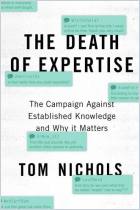
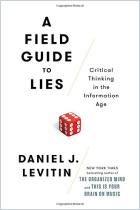
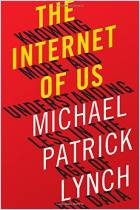
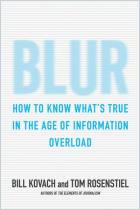
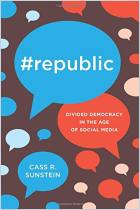
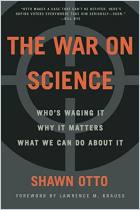

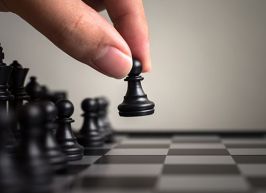



Comment on this summary or Diskussion beginnen